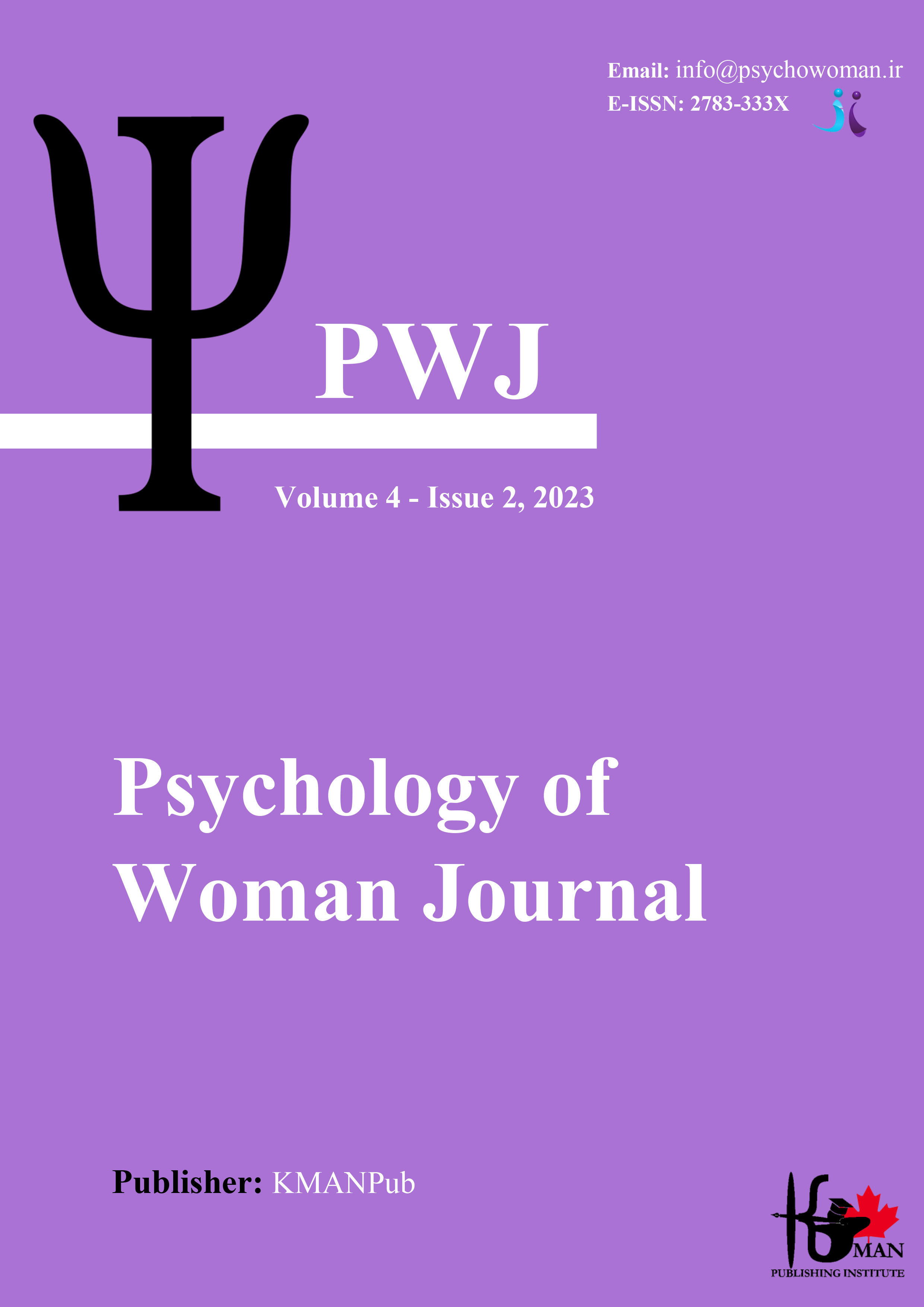Efficacy of Schema Therapy training on self-efficacy, self-esteem and assertiveness in women heads of households covered by welfare in Karaj
Keywords:
assertiveness, self-efficacy, schema therapy, self-esteem, Women heads of householdsAbstract
Present study was conducted to investigate the effectiveness of schema therapy training on self-esteem, self-efficacy and courage of female-headed households. The research design was pretest-posttest with the control group. The statistical population included all female-headed households covered by Karaj Welfare in 1400. Targeted sampling was performed on all eligible individuals from the statistical population. In addition to completing the Rosenberg Self-Esteem Questionnaire(1965) , Scherer et al. Self-efficacy questionnaires(1982), and Gambrill and Rigi (1975), audacity questionnaires, 40 individuals with the lowest scores in each component were randomly assigned to experimental and control groups (20 in each group). The experimental group was then trained in a ten-session schema therapy protocol. Finally, post-test was performed for both groups. Then, the data were analyzed by analysis of covariance in SPSS software version 26. The results of data analysis showed that group training in schema therapy is effective on increasing self-efficacy, self-esteem and courage in female-headed households (p <0.001). According to the research findings, schema therapy group training can be effective on increasing self-efficacy, self-esteem and courage in female-headed households. Therefore, due to the vulnerability of female-headed households, using this approach can be psychologically effective in empowering them
Downloads
Downloads
Published
Issue
Section
License
Copyright (c) 2023 Shiva Moradi, Shahrzad Moradi (Author)

This work is licensed under a Creative Commons Attribution-NonCommercial 4.0 International License.










